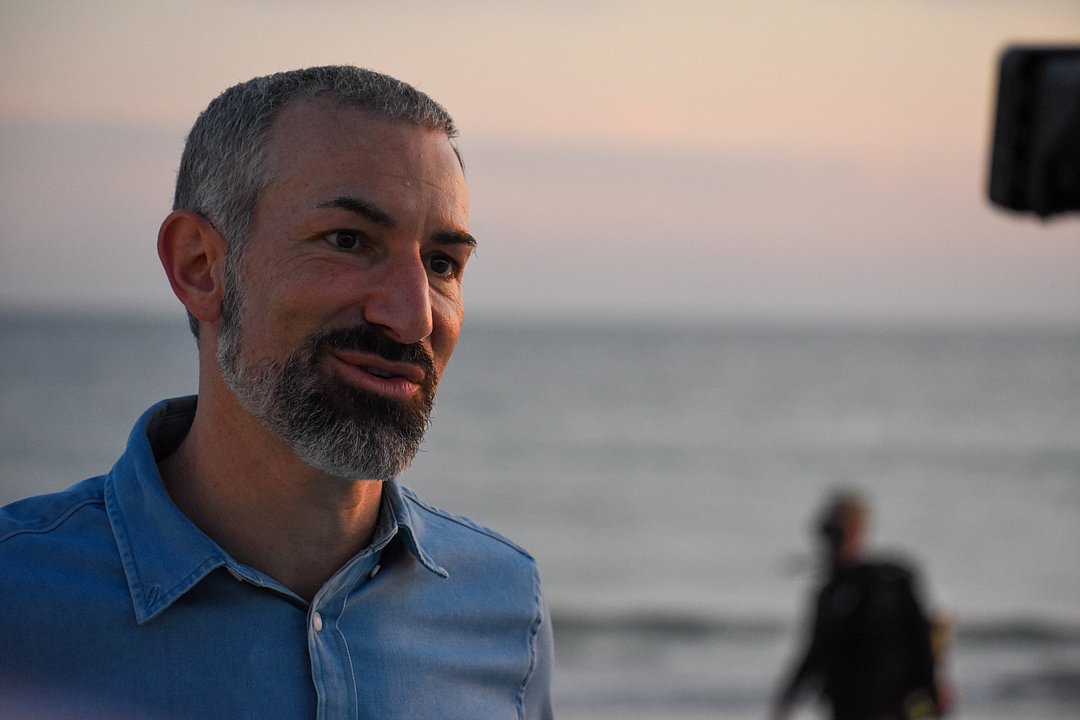- December 13, 2025
-
-
Loading

Loading

We’ve all heard someone say put your money where your mouth is.
It’s not clear if anybody ever told Jared Meyers that, but even if they didn’t, he did it anyway.